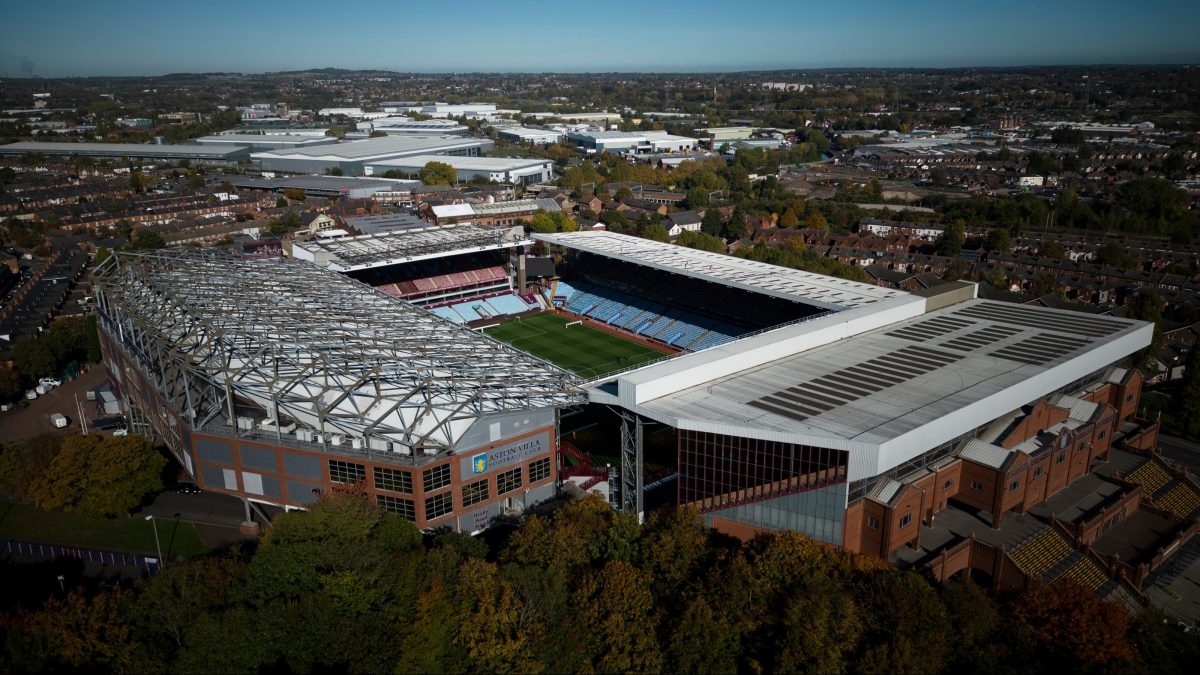
News of the decision dropped on a quiet Thursday afternoon and immediately changed the tone around Villa Park. Aston Villa said Birmingham’s Safety Advisory Group had instructed the club to bar an away allocation for next month’s Europa League match against Maccabi Tel Aviv, a move police framed as a public-safety measure rather than a choice. “Aston Villa can confirm the club has been informed that no away fans may attend the UEFA Europa League match with Maccabi Tel Aviv on November 6, following an instruction from the Safety Advisory Group,” the club said.
West Midlands Police classified the tie as high risk and cited both current intelligence and the difficulty of handling protests outside the ground. “West Midlands Police have advised the SAG that they have public safety concerns outside the stadium bowl and the ability to deal with any potential protests on the night.” The force added that it “supports the decision to prohibit away supporters from attending.”
UEFA set out the principle without overruling anyone. It says supporters should be able to attend in a “safe, secure and welcoming environment,” but it leaves safety calls to local authorities after a risk review. In this case, that means Birmingham decides.
Reaction split quickly. The Jewish Leadership Council called it “perverse that away fans should be banned from a football match because West Midlands Police can’t guarantee their safety,” adding that, if safety cannot be guaranteed, the game should be played behind closed doors. The Palestine Solidarity Campaign urged cancellation. Local MP Ayoub Khan welcomed the restriction as a necessary precaution.
Police pointed to recent flashpoints to explain the rating. In Amsterdam last season around Ajax–Maccabi, five people were hospitalized, another 20 to 30 were slightly injured, and 62 arrests were made. Israeli national-team qualifiers in Oslo and Udine also drew large protests, with tear gas deployed. For the officials who sign the safety certificate, those scenes feed directly into the planning file.
A safety ruling that could set a template
In practical terms, the ruling removes a traveling section, not the fixture. Villa say they remain in dialogue with Maccabi and the authorities, and the game is scheduled to go ahead at Villa Park. For home supporters, the rhythm of a European night may feel intact. For Maccabi fans, it is another stop on a season where the act of supporting their team has been complicated by events well beyond a touchline.
Politics followed almost at once. Israel’s foreign minister Gideon Sa’ar called it a “shameful decision” and urged the UK to “reverse this coward decision,” wording that shifted the conversation from crowd management to national politics. UEFA has kept the focus on local risk assessments that govern each match, while debates about Israel’s participation continue elsewhere.
The decision also tests precedent for English football. Europe has already curtailed some away trips on public-order grounds, from Ajax in Marseille to Eintracht Frankfurt in Naples. Authorities say removing the away end is a narrow step to protect safety while keeping the fixture on the calendar. Critics counter that it penalizes ordinary travelers for threats made by others and for protests they may never attend.
The conversation will move with the calendar. For now, Birmingham’s ruling sets the tone for November 6. The police language is direct: “We are committed to delivering fair and impartial policing, while balancing the public’s right to protest with our duty to ensure public safety.” If that balance holds, the football will lead the night. If it does not, the game will be defined by events beyond the pitch.